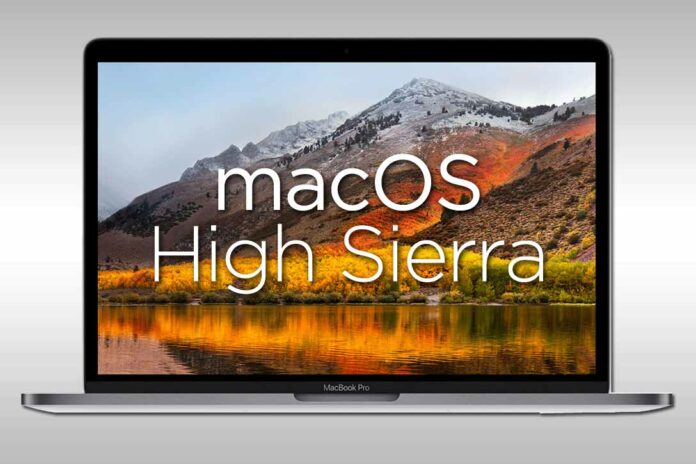Apple is working on a patch for a newly reported password security issued that was first publicly reported by a security researcher in a Twitter message on Nov. 28.
“Dear @AppleSupport, we noticed a *HUGE* security issue at MacOS High Sierra,” security researchers Lemi Orhan Ergin wrote. “Anyone can login as “root” with empty password after clicking on login button several times. Are you aware of it @Apple?”
While a patch is being developed, Apple issued a support note, providing detailed instructions for macOS users on how to mitigate the vulnerability.
In a medium post, Ergin noted that by announcing the flaw via Twitter he wasn’t looking to hurt Apple or its users, rather he was just trying to raise awareness for an issue that had actually been mentioned in an Apple Developer Forum post on Nov. 13 that had not been addressed or responded to.
“By posting the tweet, I just wanted to warn Apple and say there is a serious security issue in High Sierra, be aware of it and fix it,” Ergin wrote.
The vulnerability reported by Ergin is that by default on Apple’s macOS High Sierra operating system, no root password is set in the operating system. Ergin discovered that any local user on a macOS system could attempt to get root access without the need to enter a password. The most serious risk is that the lack of a default root password also enables anyone with local access to a macOS High Sierra system to gain access to a locked desktop with the username root and leaving the password empty.
“Imagine a locked door, but if you just keep trying the handle, it says ‘oh well’ and lets you in without a key,” Edward Snowden, president of the Freedom of the Press Foundation tweeted.
The root password vulnerability is also potentially exploitable remotely according to CERT/CC security researcher Will Dormann. He reported that if a macOS user has screen sharing or remote management enabled, the user could be at risk from remote exploitation via the root password issue.
“A local or remote user of a MacOS High Sierra system can obtain root privileges without requiring credentials,” Dormann wrote in a CERT vulnerability note. “Any system that has the root account enabled (e.g. via testing for this vulnerability) may also expose the root account for use with remote administrative capabilities, such as the built-in “Screen Sharing” or “Remote Management” capabilities.”
The newly disclosed macOS High Sierra vulnerability is not the first time that Apple has had issues with password protection in its new desktop operating system. The macOS High Sierra operating system was first released on Sept. 25 and included patches for 43 vulnerabilities. On Oct. 5, Apple issued a supplemental security update for two critical password-related vulnerabilities in macOS High Sierra.
One of the issues fixed in the supplemental update was a critical vulnerability that could have enabled an attacker to steal passwords from the macOS keychain. The other issue was also password related, with a flaw in the Apple File System (APFS) disk encryption utility that stored the user’s password as the password hint.
Sean Michael Kerner is a senior editor at eWEEK and InternetNews.com. Follow him on Twitter @TechJournalist.
